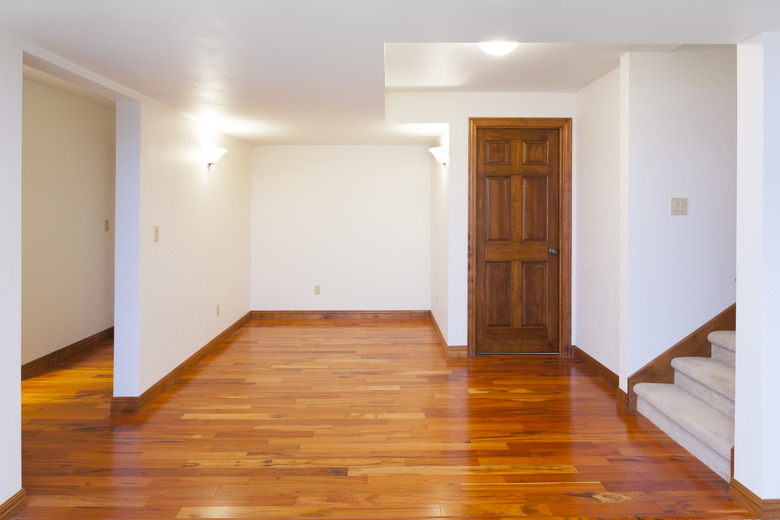How To Keep Bugs Out Of A Finished Basement
We may receive a commission on purchases made from links.
Unfinished basements have a reputation for being creepy and unwelcoming, but even finished basements can have their quirks, like creepy, crawly pests that decide to move in uninvited. Bugs can find a way into almost any space, including your finished basement. However, you can make some changes that discourage pests from hanging out in your basement so you can spend more quality time there without worrying about bugs.
Why Bugs Like Basements
Why Bugs Like Basements
Your finished basement gives your family a place to watch movies, exercise, and spend time together in your game room, but it also provides a cozy spot that bugs love. Basements tend to be darker with more moisture than other parts of the home, both of which bugs look for in a home. Your basement also provides shelter from the outdoors and is often easily accessible.
Common Bugs in Basements
Common Bugs in Basements
You can find almost any type of bug in your basement, but some types tend to be more prevalent in basements. Many of these bugs spend a lot of time in the soil or mulch outside of your basement. They also like damp, humid conditions, which they're likely to find in your basement. Some of the most common bugs in basements include:
- Earwigs.
- Silverfish.
- Centipedes.
- Subterranean termites.
- Oriental cockroaches.
Reduce Your Basement Humidity
Reduce Your Basement Humidity
Basements can become overly humid for many reasons, including saturated soil outside the basement, leaks in the foundation, defective gutters, sump pumps that don't work properly, and your activities, such as running an unvented dryer or taking a shower in a basement bathroom. Making your finished basement less appealing by lowering the basement humidity can help discourage bugs. A hygrometer can tell you the current humidity level in your basement, which should ideally fall between 30 and 50 percent and should stay below 60 percent. This not only discourages bugs from moving in but it also helps prevent mold in your basement.
If your basement's humidity is on the high side, reduce it by improving ventilation in the space. If you have a basement bathroom, install an exhaust fan or use the one you have regularly and ensure your dryer is properly vented. Fixing foundation cracks, clogged gutters, poor grading, and other causes of high humidity in your finished basement can also help.
Seal Bug Entry Points
Seal Bug Entry Points
Even if your basement is finished, your home could have easy entry points that bugs have found. Gaps around basement windows or along doors can allow insects to get into your basement. They can also get in around exhaust vents, cables, plumbing, and other things that enter through the side of your home. Seal gaps and cracks in those areas to reduce the chances of bugs getting into your basement.
Clean Up Outside Your Basement
Clean Up Outside Your Basement
The landscaping surrounding your home can also attract more bugs. Once they're near your home, they might continue, especially if they find easy access points. Cleaning up weeds and overgrown plants along your foundation can help. Avoid keeping stacks of firewood and other materials near your foundation since they can also attract pests.
Cutting back on how much organic mulch material you have outside your home is another way to clean up and reduce bugs. Thick layers of organic mulch retain moisture and can attract bugs.
Cleaning up inside your basement can also help. Lots of clutter in your finished basement gives bugs places to hide. Do a deep cleaning in your basement and move stored items into tight-sealing plastic containers. Avoid storing food in your finished basement, as it can attract bugs. Airtight food containers can help deter bugs.
